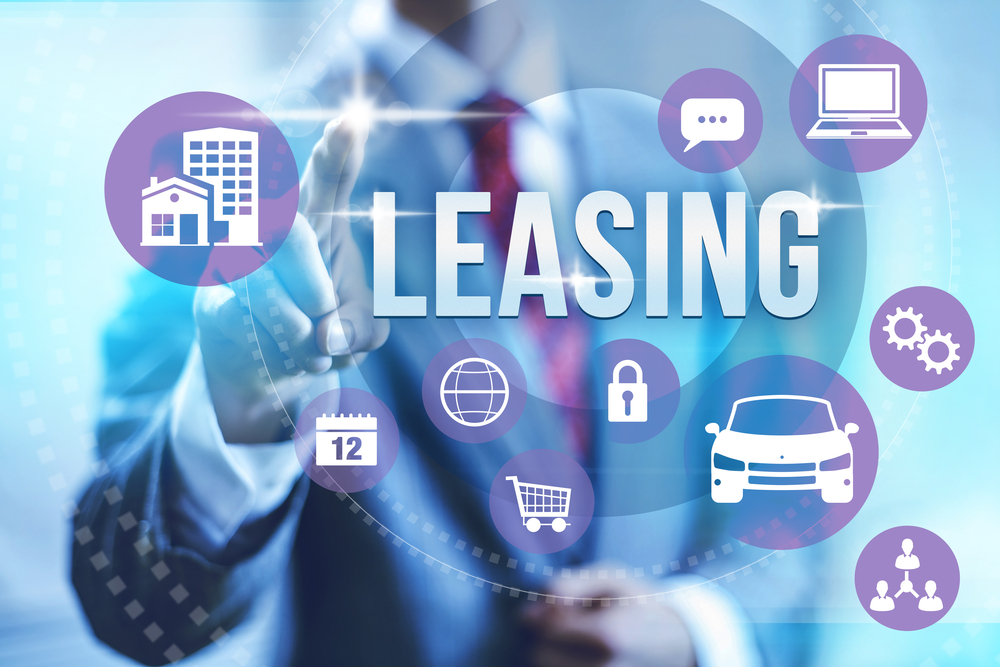Leasing is a popular financing option for small and medium-sized enterprises (SMEs) in Egypt. It is a type of financing that allows businesses to acquire assets without having to make large upfront payments. In this post, we’ll explore how leasing works and why it can be a valuable financial tool for SMEs in Egypt.
What is leasing?
Leasing is a financial arrangement where a business rents an asset from a leasing company for a specified period of time in exchange for regular payments. At the end of the lease term, the business may have the option to purchase the asset at a reduced price, continue leasing it, or return it to the leasing company.
Leasing can be used to acquire a wide range of assets, including equipment, vehicles, and real estate. It is particularly useful for SMEs that need to acquire assets but may not have the capital to purchase them outright.
How does leasing benefit SMEs ?
Leasing can provide several benefits to SMEs , including:
- Cash flow management: Leasing allows businesses to acquire assets without having to make a large upfront payment. Instead, they can make regular lease payments that are often lower than the cost of purchasing the asset outright. This helps businesses to manage their cash flow more effectively and avoid tying up their capital in fixed assets.
- Access to newer assets: Leasing allows businesses to access newer assets that they may not be able to afford if they had to purchase them outright. This can help SMEs to stay competitive and improve their productivity.
- Flexibility: Leasing terms can be flexible and customized to meet the needs of individual businesses. For example, businesses can choose the length of the lease term, the payment schedule, and the end-of-lease options.
- Tax benefits: Lease payments may be tax-deductible , which can provide businesses with a valuable tax benefit.
- Reduced risk: Leasing can help SMEs to manage their risk by transferring it to the leasing company. For example, if the asset becomes outdated or needs to be replaced, the leasing company is responsible for disposing of it and providing a replacement.
Cash flow management
Cash flow management is one of the most significant benefits of leasing for SMEs in Egypt. Here’s more information on how leasing can help businesses manage their cash flow:
Cash flow is the lifeblood of any business, and managing it effectively is crucial for SMEs in Egypt. One of the biggest challenges that SMEs face is maintaining a positive cash flow while investing in assets that are necessary for business growth. This is where leasing can be a valuable tool.
Leasing allows businesses to acquire assets without having to make a large upfront payment. Instead, the asset is financed over a set period of time through regular lease payments. This can be beneficial for SMEs because it enables them to acquire the assets they need while preserving their cash flow.
In contrast, purchasing assets outright requires a significant upfront payment, which can put a strain on a business’s cash flow. This can be particularly challenging for SMEs in Egypt, which may not have access to the capital they need to invest in assets. By leasing assets, SMEs can spread the cost over time and avoid depleting their cash reserves.
Additionally, leasing payments are often lower than the cost of purchasing the asset outright. This means that SMEs can acquire the assets they need while also maintaining a positive cash flow. The regular lease payments can be planned for and budgeted, which can help businesses to manage their cash flow more effectively.
Summary
Leasing is a valuable financial tool for SMEs in Egypt. It can help businesses to manage their cash flow, acquire newer assets, and reduce their risk. With flexible lease terms and potential tax benefits, leasing can be a useful alternative to traditional financing options for SMEs in Egypt. However, it’s important for businesses to carefully consider their options and seek expert advice before entering into a leasing arrangement.








